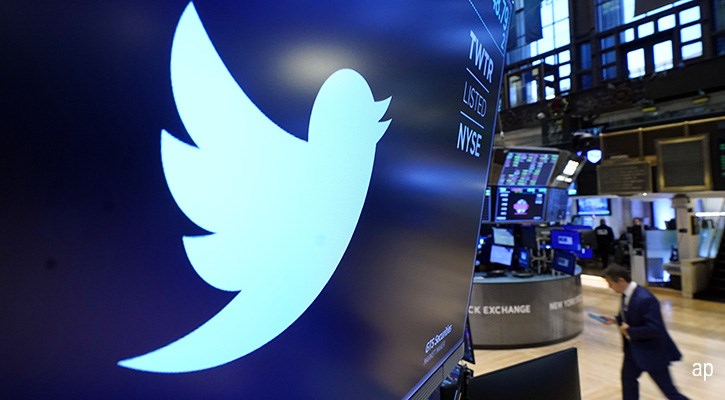
SEC filings from Tesla CEO Elon Musk on April 4 show the entrepeneur billionaire has taken a 9.2% passive stake in Twitter (TWTR) (as of March 14).
While we are not sure about Musk’s intentions (for instance, whether he will further increase his stake, become an active shareholder, and/or demand a seat on the firm’s board) we believe his communication to the firm, other shareholders, and the platform’s 217 million daily active users could affect Twitter’s long-term strategy.
Specifically, Musk could seek to influence the openness of the platform and how it controls content or push to invest in the subscription model more aggressively as it has with Twitter Blue.
In different tweets (mainly one in December 2021 after the announcement of Parag Agrawal replacing Jack Dorsey as the CEO, and a few last week) Musk has implied he thinks the platform limits free speech and that a new one must be created (with agreement from more than 70% of over 2 million Twitter users that responded to a poll he posted).
Musk has also indicated he did not agree with the appointment of Agrawal and that he desires some changes. This creates a bit more uncertainty about how Agrawal and the firm may respond to the firm’s now largest shareholder, which supports our very high uncertainty rating.
At the same time, such news will continue to gather attention to, and possibly increase, users and their engagement on the platform, attracting more ad dollars. In reaction to Musk’s filing, Twitter shares are up more than 20% but remain below our US$58 fair value estimate.





























